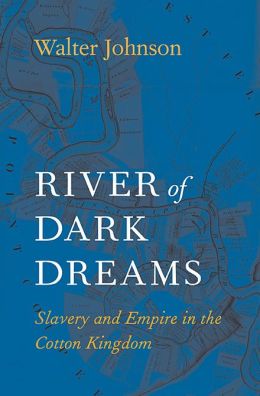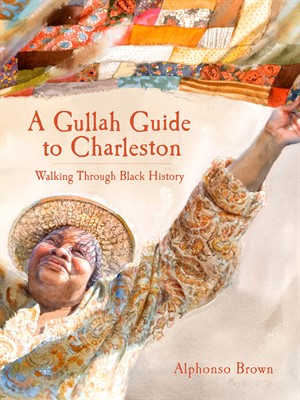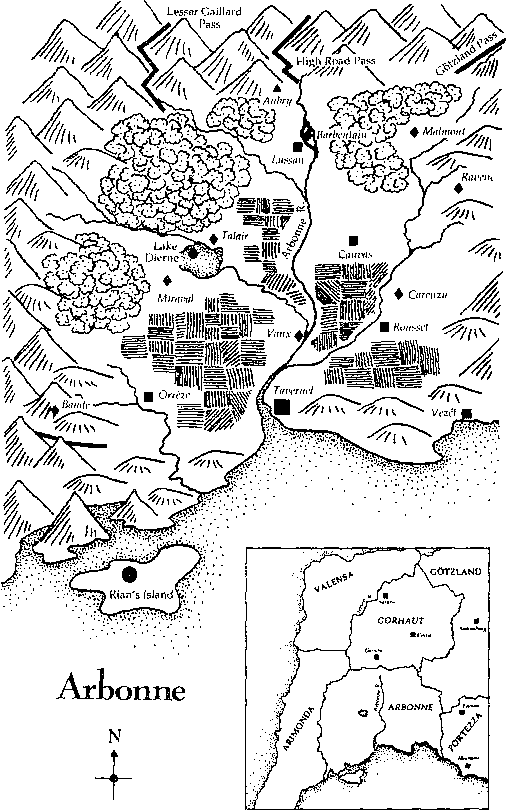I meet el V for lunch at CUNY -- their cafeteria is wonderfully priced, with a variety of choices for healthy, nutritious tasty meals and dishes -- and the most sinful of desserts. (We split a pecan cheesecake that was the perfect combination of salty crunch -- the pecans and thin caramel crust -- and silky cheese.)
Then came the reason for a lunch date today when there were so many other necessary ways to spend our time on schedule: a lecture on the poet Phillis Wheatley by David Waldstreicher.
As Wheatley does, he brought together so much about her era: Africa, the classics, empire, Thomas Jefferson, slavery -- another way of putting it, is the conundrum of slavery and libery in a world of empire. Empire, in the guise of slavery itself, was a threat to home liberties, which Mansfield (British judge, 1772, who declared in England -- as opposed to the colonies -- property could not be found in persons) saw in the course of coming to his Somerset Decision. (We have long held now, particularly after reading Waldstreicher's earlier works, that the Somerset Decision had a great deal with the Southern slaveholding power elite's determination to force Independence.) Waldstreicher makes the case that Phillis Wheatley, very likely by the very reason that she was a young, enslaved girl from the Sene-gambian region in Africa, and taken at that time, to that place, Boston -- and was, not least, a genius -- understood how the world from which she was taken mapped upon the classics and the world they described and then mapped upon the world in which she found herself -- and consciously directed that for her own good.
Further, Waldstreicker provides the case as to why it was so important to Thomas Jefferson to sneer at her poetry, as "merely religious, not classic." (In fact few if any of the Founding Fathers themselves could read Latin or Greek either, which, at least in Jefferson's case contributed to his angry sense of colonial inferiority -- which he often then, remedied / played out as 'race.'
Wheatley is having somewhat of a revival, starting with The Trials of Phillis Wheatley: America's First Black Poet and Her Encounters with the Founding Fathers (2003) by Henry Louis Gates.
Waldstreicher's approach in his book-in-progress is to see Wheatley seeing herself within the context of the political imperium and the controversy of liberty, slavery and race.
A most stimulating afternoon!



























